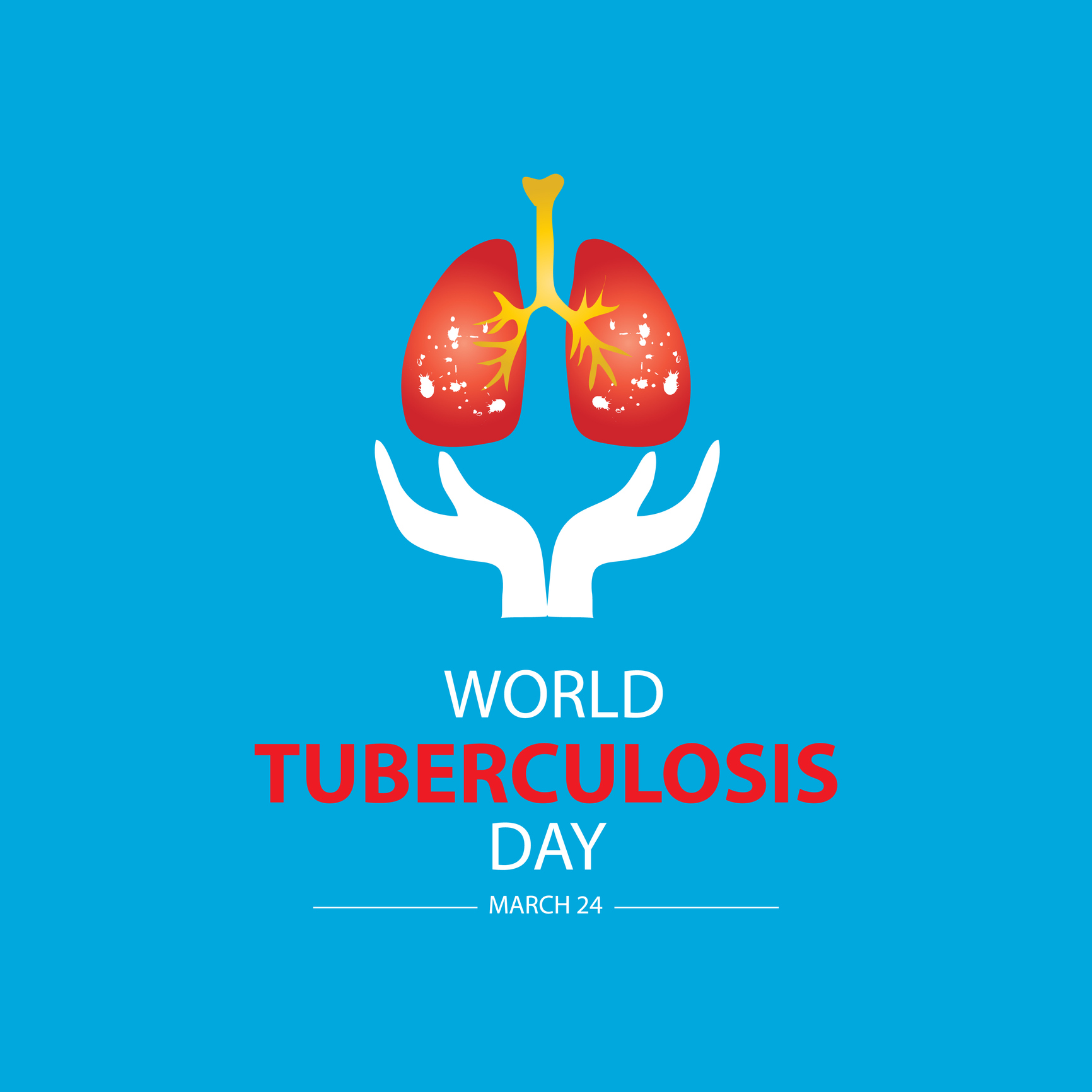
24 Mar World TB Day in the midst of the COVID-19 pandemic
Every year, we mark our calendars for World TB Day—a day to raise public awareness about the devastating disease and commemorate the thousands of people who lose their live to tuberculosis each day. Yet, in a time when coronavirus news is at the forefront of our minds, advocacy remains critical in order to ensure that TB does not become completely invisible during the pandemic. It is crucial to understand how this worldwide outbreak will impact TB patients, survivors, TB research, and health systems.
Each year, tuberculosis kills roughly 1.5 million people, with 10 million new cases in 2018 alone. It is the leading killer of people living with HIV/AIDS. Global efforts to fight TB have saved 58 million lives since the year 2000. This year, the WHO’s theme is “It’s Time”, a call to accelerate the TB response to save lives and end suffering.
In light of the outbreak, researchers are concerned that coronavirus may be an additional burden for people with poor lung health or who have previously been treated for TB. However, because of the novelty of the virus, we don’t have enough information from countries where TB is a major problem, such as parts of Africa and India. Therefore, it is important to be on the lookout for COVID-19 deaths related to TB cases in those areas.
While we do not yet have data on TB and COVID-19 in TB dense areas, we are able to look back to the time of the 1918 Spanish flu epidemic, when there were high rates of deaths among TB patients. However, it is important to remember that even though TB deaths soared during that time, there was no effective TB treatment at that time.
Additionally, coronavirus has other implications for TB patients in terms of access to healthcare services. Prof. Frank Cobelens comments, “I am really concerned about the potential major effect on health systems and health services. The Ebola epidemic in West Africa has raised concerns that in fragile health systems more people die from something else than from the epidemic disease itself. There is a potential risk of health systems become over burden by this disease, meaning they can’t spend time, money, and efforts on other diseases. This may have a later effect on health outcomes.” The collapse of health systems with weakened infrastructure is a real fear for many parts of the world where cases of TB are high.
On a positive note, TB research has been advancing in recent years, and Professor Cobelens reminds us that we have a reason to be optimistic. He recalls, “we have seen major advances in TB vaccine development where we haven’t seen anything new for decades. There is still a way to go but results from recent trials are promising. Also, treatment for drug resistant TB is making great strides with unexpectedly good outcomes.” While there have been major steps forward over the past several years, we don’t know the severity of COVID-19 in TB dense areas. This pandemic has the potential to delay advancements for TB elimination.
Researchers have begun exploring the possibility of using BCG, the old TB vaccine that is being given to infants in TB affected countries, to offer added protection against the virus. Two Dutch universities, the university medical centre (UMC) at Nijmegen’s Radboud University and Utrecht University, are researching whether BCG could boost the immune system resulting in less severe coronavirus infections. Frank Cobelens: “This is an interesting idea, there is evidence that BCG vaccination offers broader protection against infections than just TB. We must make sure however that interfering with the immune response causes no harm, and closely monitor the health outcomes for COVID-19 patients.”
